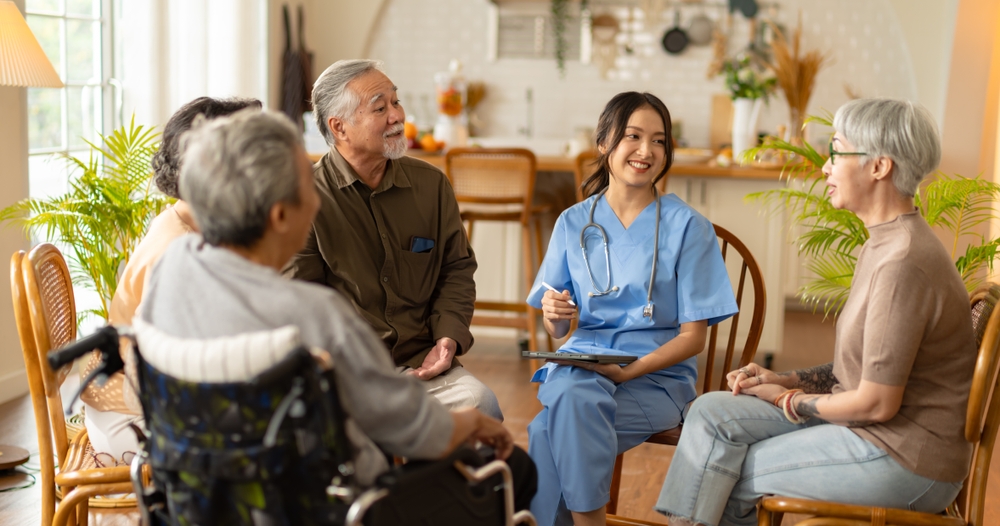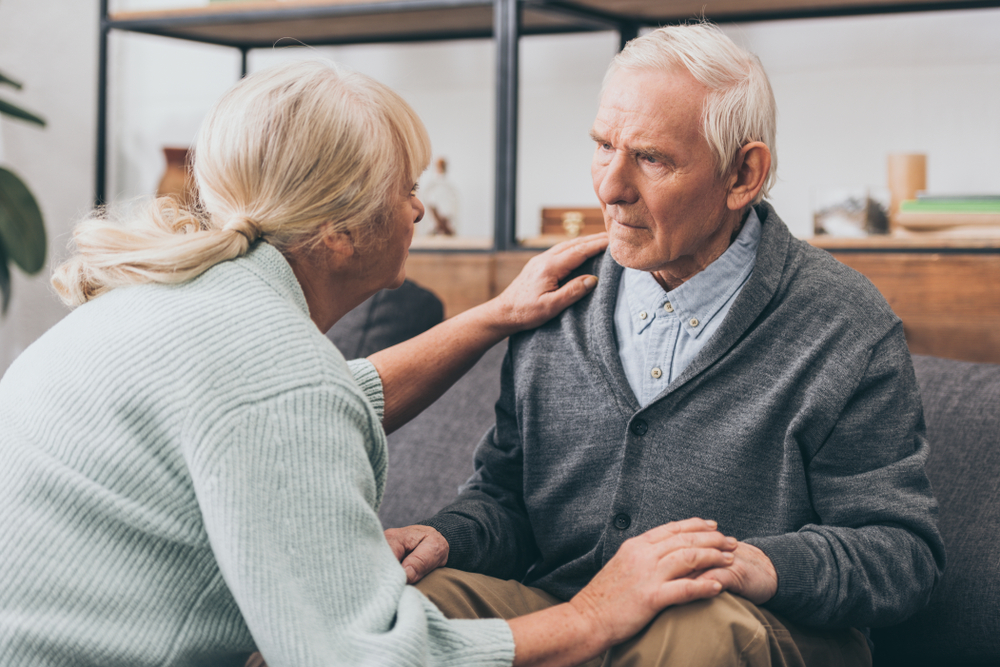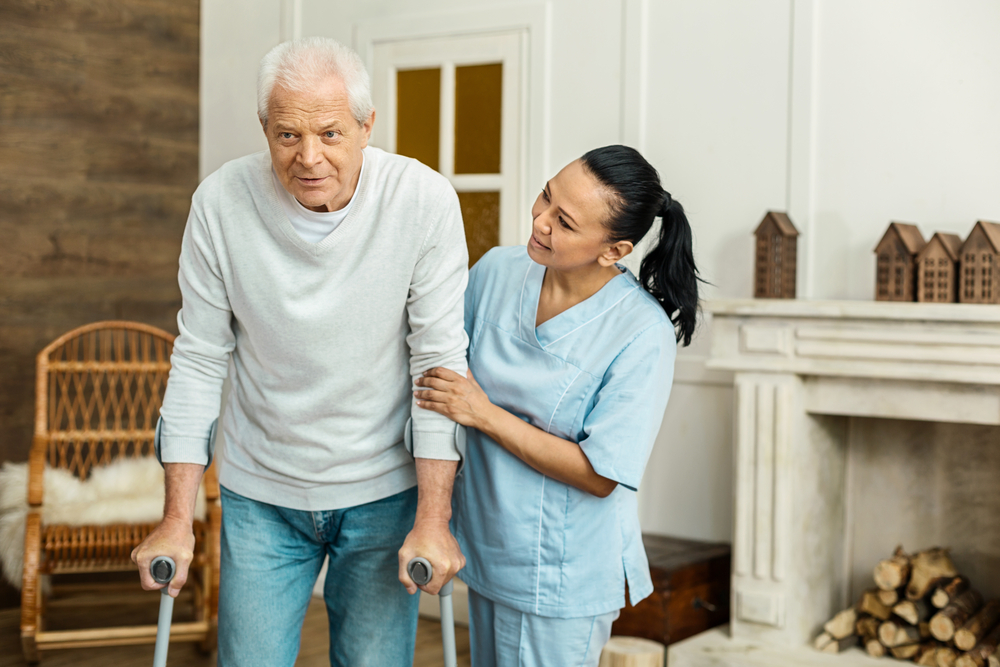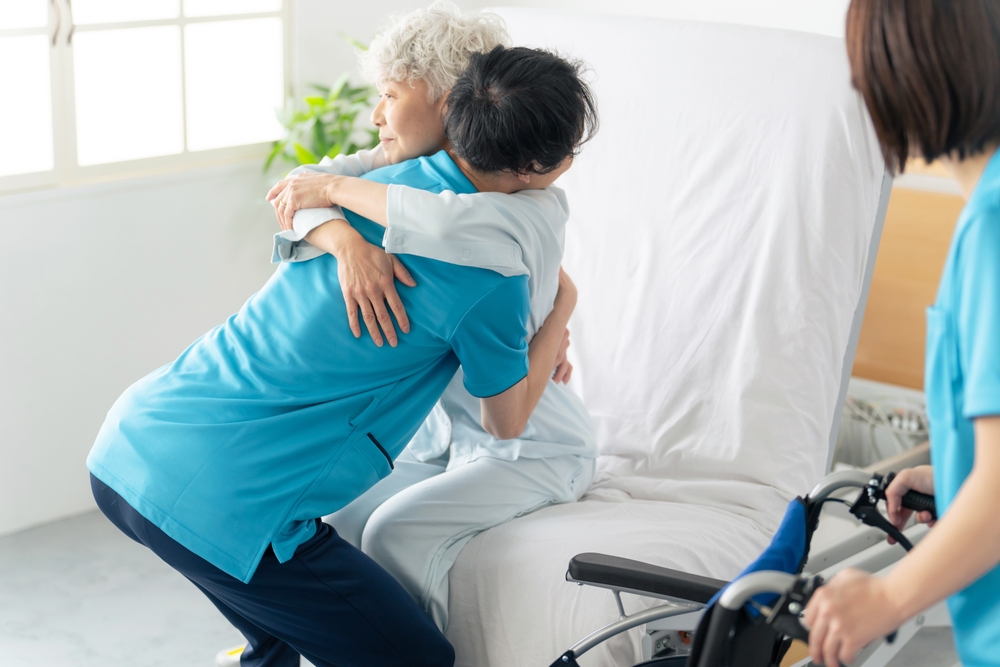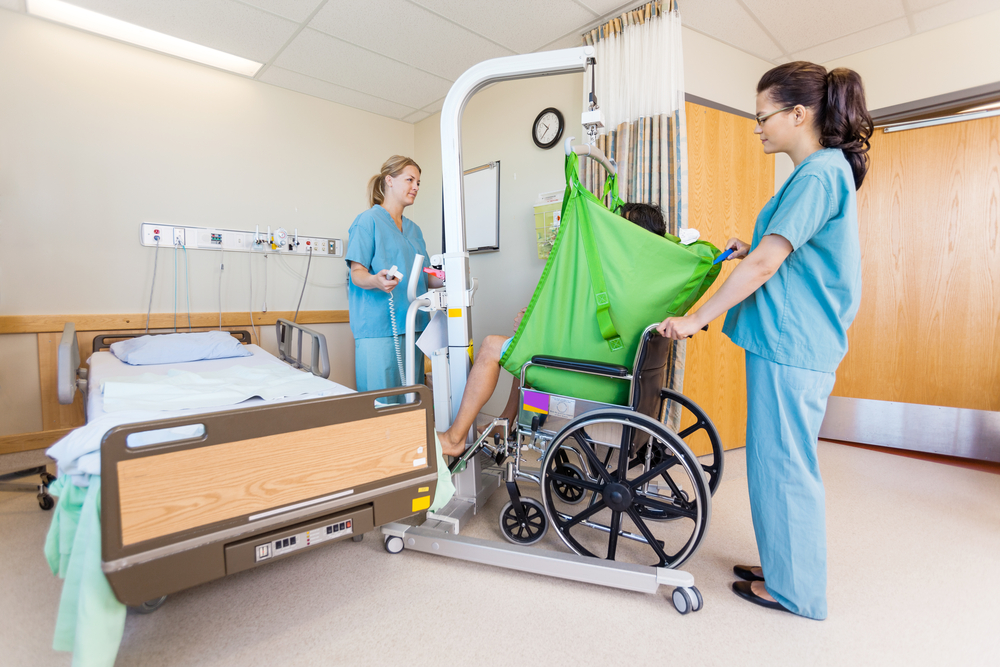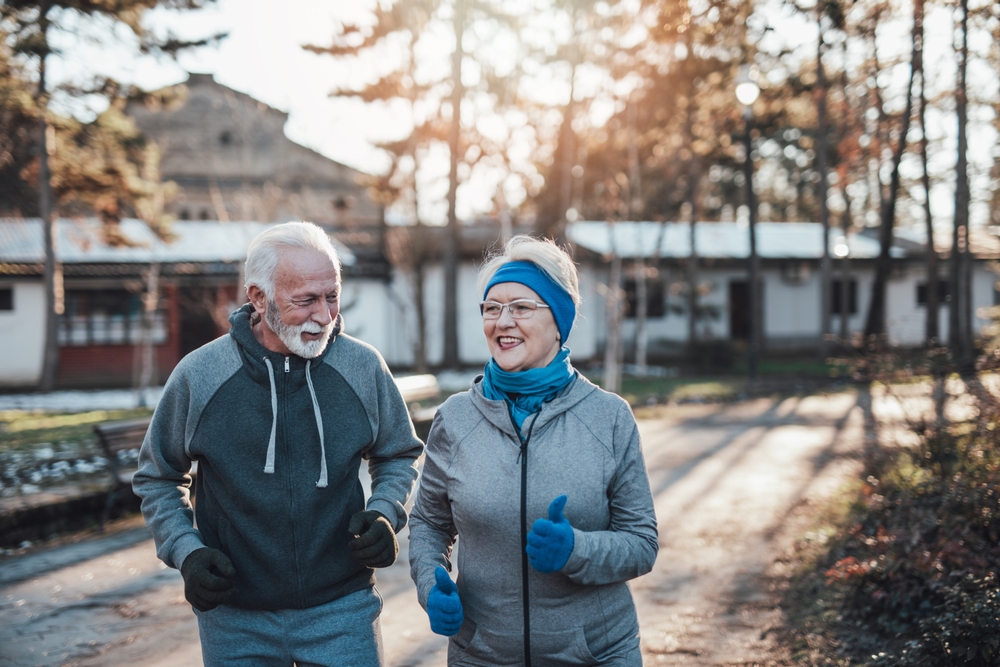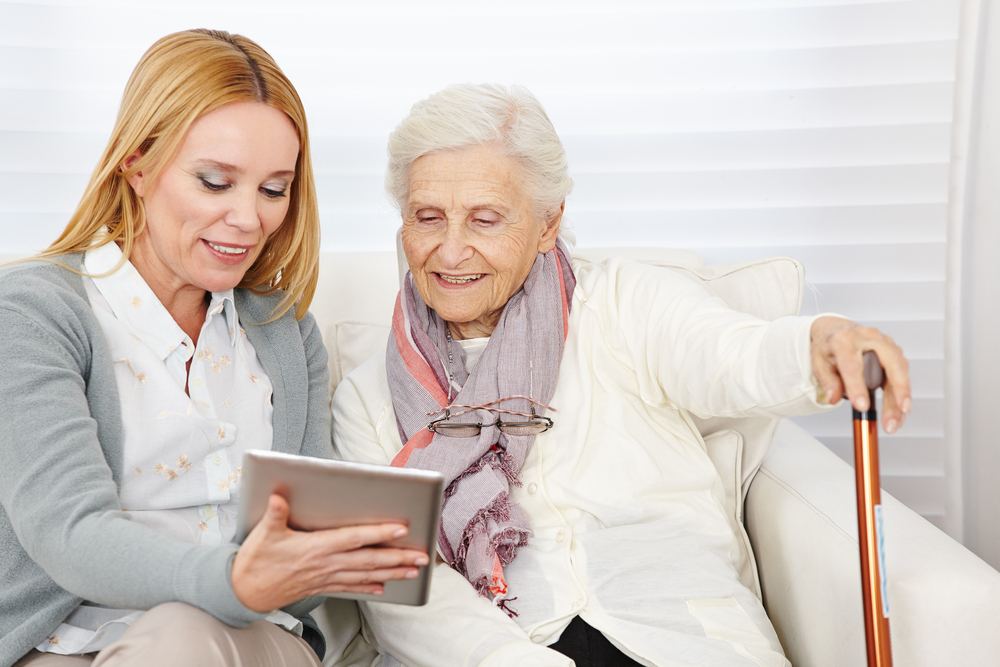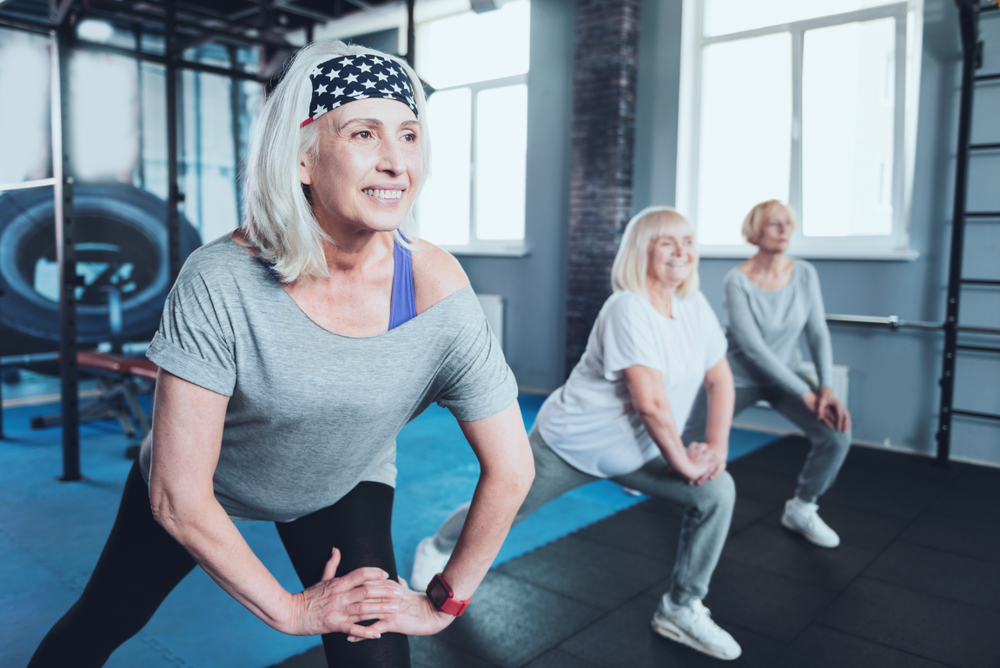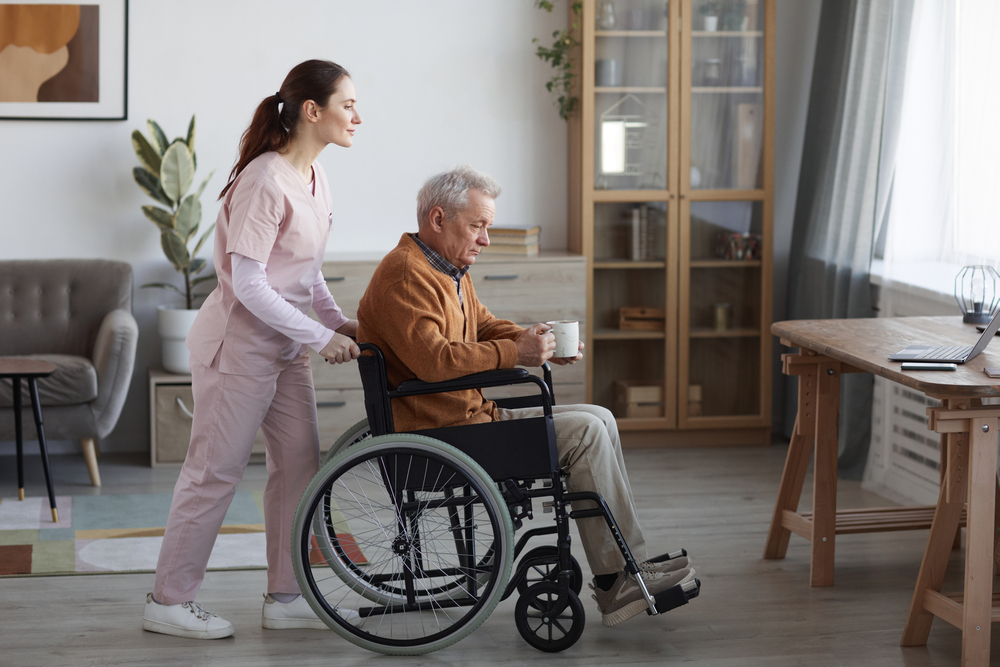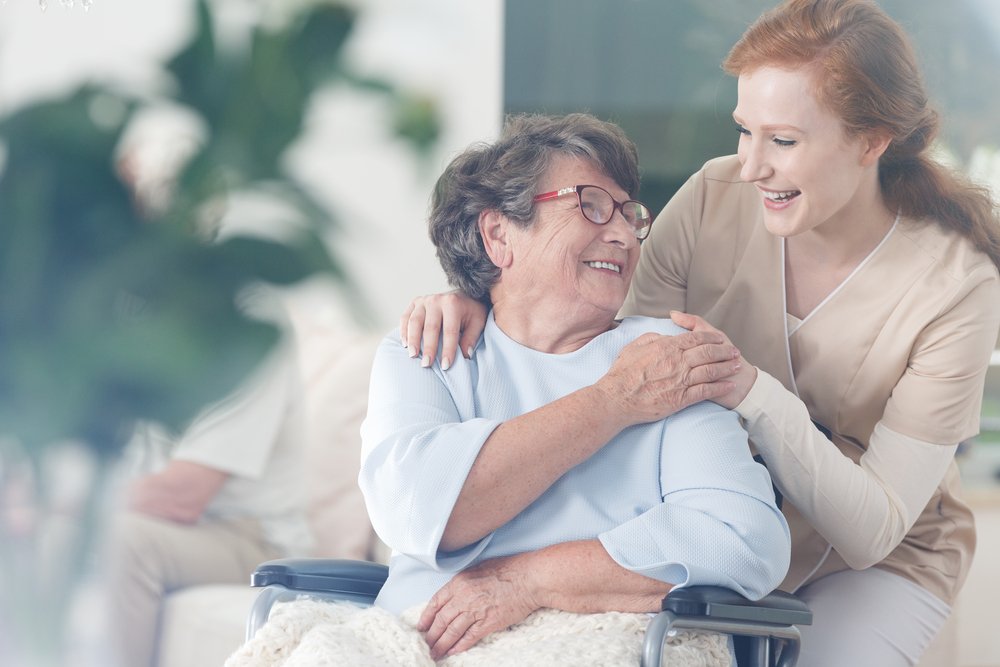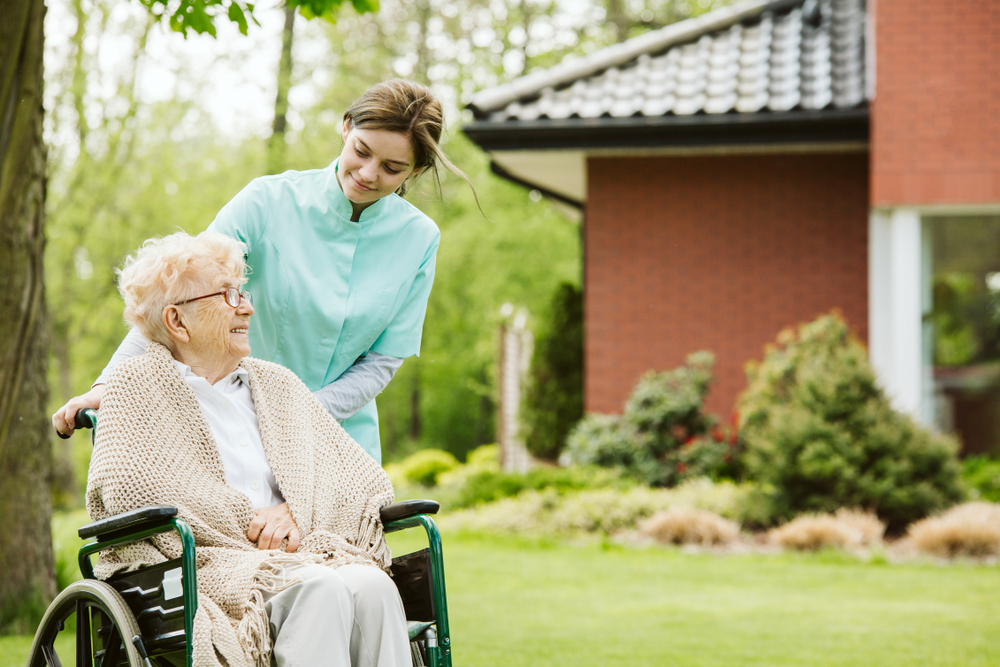Getting older is just a fact of life, and we all expect our folks to start showing some signs of age eventually. When Dad refuses a visit to the zoo with the grandkids, we think he’s just not up for all that running around. When Mom forgets to pay the electric bill, we can understand because we’ve all once dropped the ball on paperwork or a daily chore. In fact, these are signs that they may need a little extra help more than ever. Here are a few key questions and signs that could make you realize they need help.
Memory Slip-Ups
Memory problems are a part of aging. It’s crucial to differentiate between forgetfulness and severe changes in their memory. Everyone forgets things from time to time, and there may be underlying conditions or medication side effects contributing to memory loss. However, when a parent keeps saying, “I don’t remember” or “I have no clue what happened to that,” it’s time to dig deeper and pay attention to these signs.
Mystery Bruises
Mom and Dad won’t admit that they took a tumble the other night. It can be embarrassing when we can’t move around like we used to. Nevertheless, if you notice unexplained bruises or difficulty in their movements, these are signs that your folks might need some support at home. You can include mobility aids or even physical and occupational therapy to improve their strength for everyday tasks.
Mood Swings
Is Mom acting distant lately? Is Dad suddenly grumpy? These mood swings are not considered a normal aspect of aging and can be early signs of dementia. You might even notice a personality shift from being introverted to becoming more extroverted because their judgment is affected.
Related: Learn more on how to catch early signs of dementia in seniors here.
Changes in Their Appearance
Their overall appearance is a major concern, especially if they are typically prim and proper and take pride in their appearance. As we recognize the importance of any daily routine, whether it’s getting ready in the morning or eating well, there are numerous red flags you need to address.
How Can You Help?
The little things really add up, you know? By spending more time with them and paying attention to their behavior, we can uncover potential issues that could make their health decline faster. It’s super important for you to learn how to spot these signs and realize that it might be time to hire a professional caregiver for extra help.
Related: Learn more about how you can find quality senior care when the time is right here.
Hire Home Instead Senior Care For Professional Support At Home!
Remember, the well-being of your elderly loved ones should be a priority, and providing them with the necessary help and care will enhance their quality of life and give you a peace of mind. At Home Instead Senior Care, our caregivers are professionally trained to care for your loved ones. Call us at (910) 421-2572 for more information.



